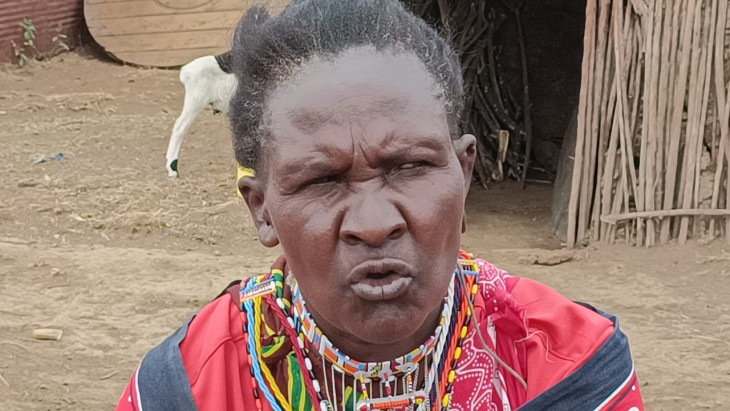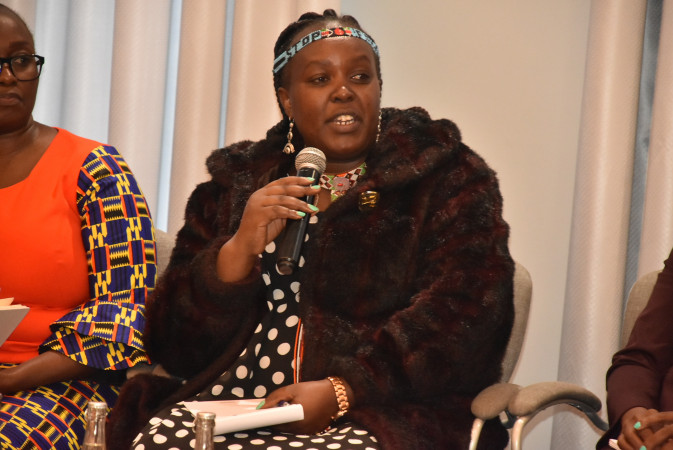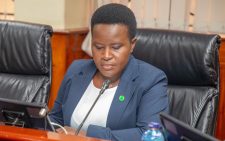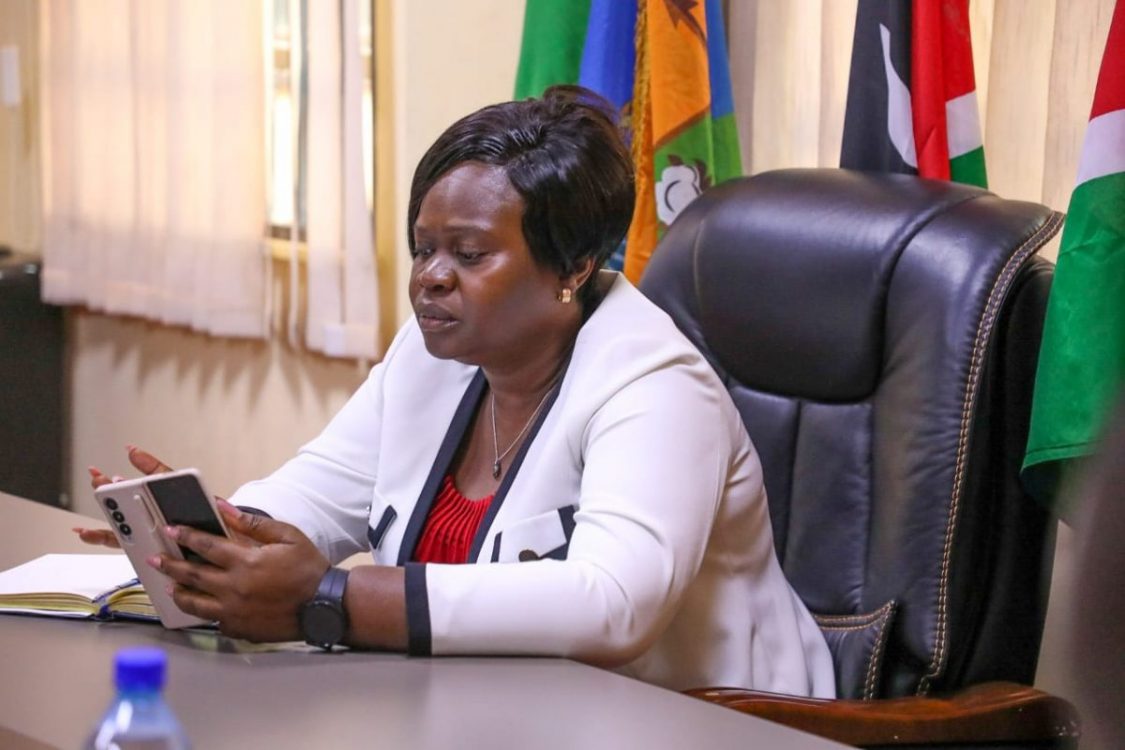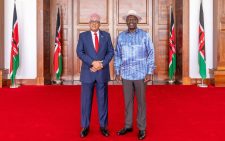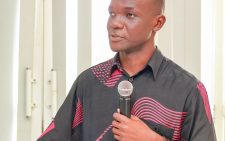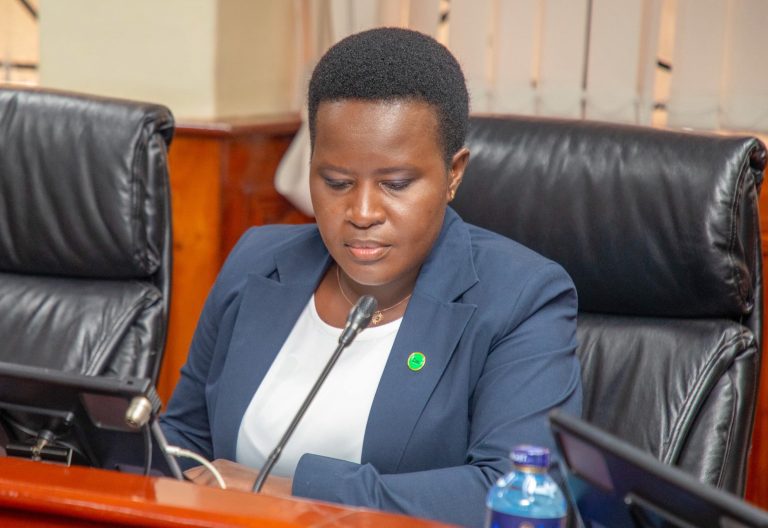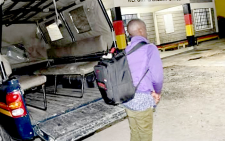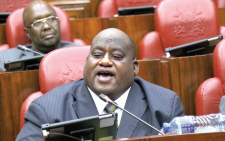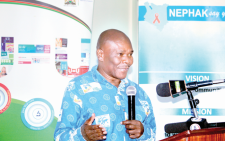Near-death experiences of girls forced to undergo the cut

The plan was clear. Angela Naserian*, was to undergo female genital mutilation (FGM) on that chilly morning, heal from the harrowing ordeal and get married off shortly after to a suitor. She was only 12 years old back in 2020, and in Class Seven at Mpirrishi Primary School Keekonyokie Central, Kajiado County.
Here, the nearest health centre from Mpirrishi is 20 kilometres away. The circumcisers, simply referred to as cutters operate in unhygienic conditions risking the lives of the girls.
It was the height of the Covid-19 pandemic and all schools were closed for the longest period in the country’s history following the government’s directives to curb the spread of the virus. During this period, massive cutting of girls occurred predominantly in the 22 FGM hotspots counties across the country as many parents took advantage of the long school break. And so, Naserian’s mother too followed suit; she wanted to prepare her daughter for the exchange of livestock as part of the dowry. At Mpirrishi village where she lives, it’s justified because there is a social consensus that if households do not perform FGM, they risk being stigmatised or excluded.
And so at 4am, she woke her up. Like any girl her age, she thought they were preparing early for a long journey. “Wake up my daughter, you are going to be a ‘big girl’. They will cut you. Do not cry because people will hear and laugh at you,” Naserian recalls her mother telling her.
Painful, lonely procedure
Her mother proceeded to milk their goats as Naserian came out of bed in shock. The next thing she heard was the voice of an old woman well-known to her and two of her mother’s friends. The three women walked in, talking to her about her bravery and how the community will respect her once she goes through the cut.
“I was scared to death. My friends had told me how painful it is to face the cut,” she confides, squinting in the sunlight.
The circumciser asked her to remove her clothes and have a cold bath. Afterward, she requested her to lie on the floor.
“I called my mother, but she did not answer. I shouted so loud for my loving mother to hear and rescue me, but the women continued laughing at me. My screams were in vain. The loud silence worried me even more,” she adds.
After several unyielding scuffles with the women, she was overpowered and held tight to the floor. The female circumciser approached the space between her legs with a newly purchased razor blade in hand. Naserian watched as she made the quick operation on her.
“All this time, I thought they had killed my mother and that is why she could not hear my cry. Little did I know she was the mastermind behind my cut. I hated her and everyone in my family. This was the scariest day of my life. I wanted to die,” she shares.
Writhing in pain and blood gushing from her fresh wound, she faintly heard her mother’s voice. “You are now an adult!”
Survivor turn activist
After the cut, her mother poured goat milk to reduce the bleeding and soothe the pain all in vain. She fainted for hours. In the evening, when she regained conciousness, the bleeding hadn’t stopped. This made her weaker.
“My mother asked me to urinate in a cup for her to pour my urine on the cut. I struggled to urinate. She poured the hot urine on the cut, which was so painful,” she confides.
The prevalence of FGM in Kenya has declined from 38 per cent in 1998 to 15 per cent in 2022, according to a Kenya National Bureau of Statistics survey.
Although the prevalence of FGM has been on a steady decline over the last decade, the act is still rampant among pastoral communities. The Covid-19 pandemic had a particularly devastating impact on women and girls. Sexual and gender-based violence was on the upswing, teenage pregnancy rates rose, early child marriage increased and a resurgence in FGM.
During that period, more than 20 girls faced the cut in Mpiirishi region, according to We-Care Association, a not-for-profit organisation involved in community empowerment programmes that bring together men and women to talk about FGM and teenage pregnancy.
Being home from school due to the pandemic made girls such as Naserian vulnerable to undergo the practice, says Agnes Gitonga, founder We-Care Association, Kenya Chapter. The association was formed in 2016 with programmes in Kajiado North. Two years later it spread to cover both Kajiado East and West sub-counties.
The association is currently supporting 12 girls who are survivors of FGM, to make them ambassadors and role models for other girls. Naserian, now 15, is one of the beneficiaries. She goes to Namelok Girls Secondary, Loitoktok in Kajiado County to save her from the jaws of early child marriage.
Like her peers, Naserian has now put the past behind and invested all her hopes in education. At Namelok, she stands tall-nothing bothers her anymore. And now her goal is simple; to end FGM in her village. Having experienced the painful cut three years ago, she fully understands the impact of this archaic practice still happening in her home village.
Rallying men’s support
She has become an anti-FGM ambassador both in school and back at home, talking to girls in her community not to fall into the trap anymore. She has also come face to face with the wrath of the cutters from her village.
“Recently, the three women came to warn me that I will be cursed for telling other girls in the community and the local primary schools not to undergo FGM,” says Naserian.
She boldly told the women, “Let the curse fall on me, but these girls should not go through what I went through,” she tells People Daily.
Lucy Naipanoi,17, was cut back in 2019, while in Class Six. She never wanted to be cut, but as a child, she had no choice. After the “cut,” the women whom her parents had called to perform the act applied sugar and paraffin to her fresh wound. “I was cut in the morning at around 8 am. It was so painful. I was bleeding and my mother applied sugar and paraffin on the fresh wound to heal,” says Lucy*.
Agnes explains that lack of knowledge contributes to poor decision-making, which is highly backed by their culture, leading to this inhumane act.
Currently, the monthly awareness campaigns run by the association are targeting men. “In the Maasai community men make decisions on all matters and this is why we involve them in the fight against FGM. They attend the meetings where we teach them the effects of the cut and the role of a man in the lives of a minor,” she shares
Naserian’s father is one such man. He has embraced the training and has changed for the better; becoming an anti-FGM crusader in the community.
“I now know that men have a role to play in our community to help stop FGM. If we (men) say no, then this matter will fizzle out very first,” he says.
*Names have been changed to protect the victims’ identity.
